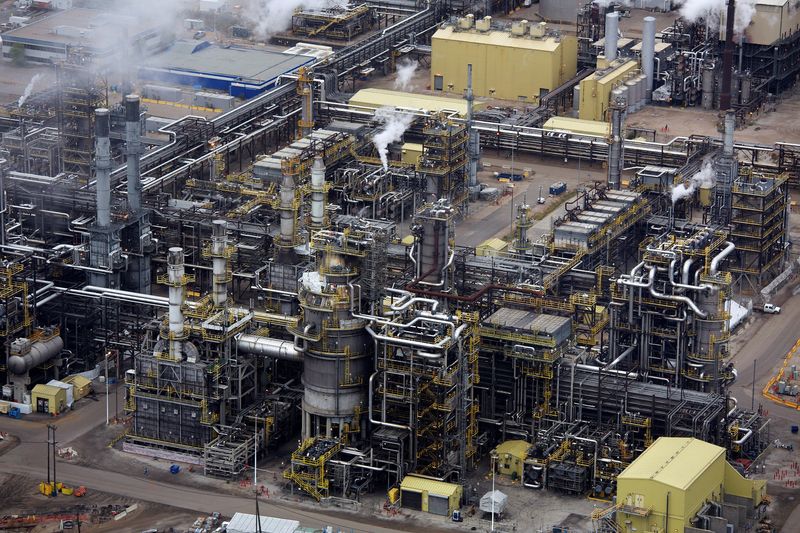Canada’s share buyback tax could backfire, energy sector warns
2022.11.06 09:45
[ad_1]

Canada’s share buyback tax could backfire, energy sector warns
Budrigannews.com – Canada’s proposal to tax corporate stock buybacks is unlikely to deter oil and gas companies from returning cash to shareholders and may instead put them at a competitive disadvantage, industry officials and analysts said.
Canadian energy companies have been the most active in buying back shares of any sector during the past year, according to CIBC, and also funnelled profits from high prices into dividends and debt payments, limiting new production investments.
On Thursday, the Liberal government proposed a 2% tax on buybacks to encourage companies to reinvest in their workers and business.
The tax will generate an estimated C$2.1 billion ($1.6 billion) over five years and take effect on Jan. 1, 2024.
The Canadian Association of Petroleum Producers (CAPP) and the Explorers and Producers Association of Canada both said the tax, double of a 1% measure in the United States, would be a competitive disadvantage.
The tax “may have the unintended effect of discouraging investment into Canadian-run businesses while putting the shareholder returns of Canadian investors at risk,” said CAPP President Lisa Baiton.
The tax could especially hurt small companies which have fewer resources, said Michael Belenkie, CEO of Advantage Energy, a 54,000-barrel-of-oil-equivalent-per-day producer.
“If you take away the ability to buy back equity when times are good, then you restrict the ability and desire to issue equity when times are bad,” he said.
Canada’s four largest producers – Canadian Natural (NYSE:) Resources Ltd, Cenovus Energy (NYSE:), Suncor Energy (NYSE:) and Imperial Oil (NYSE:) – spent C$15.8 billion combined on buybacks in 2022’s first three quarters, according to Tudor Pickering Holt (TPH).
At the same time those companies have held back from significantly boosting production because of concerns about volatile prices and slowing long-term oil demand.
Overall, Canadian companies repurchased a record-high C$69.1 billion of shares during the 12 months through the third quarter, CIBC Capital Markets said in a note. The tax’s timing is “peculiar,” and gives companies opportunity next year to launch more substantial issuer bids – buybacks of more than 10% of shares outstanding, CIBC added.
Matt Murphy, TPH director of energy research said companies are unlikely to accelerate buybacks next year because they have already committed to capital allocation policies.
The tax may not deter oil companies’ buyback intentions anyway, said Eight Capital analyst Phil Skolnick, who covers the sector.
“If a company feels like their stock is cheap, I don’t think a 2% tax will stop them,” from offering investors the opportunity to sell it back, he said.
Martin Pelletier, senior portfolio manager at Wellington-Altus Private Counsel, who manages shares in oil sands companies, said the tax could nudge firms into spending more on acquisitions, but not their own operations.
“Maybe it incentivizes them to do more M&A, because they certainly can’t put (investment) in the ground,” he said, referring to strict regulatory requirements. “They’re going to weigh their options.”
Canadian Natural and pipeline company TC Energy (NYSE:) declined to comment. Suncor, Cenovus and Imperial did not respond to requests for comment.
Deputy Prime Minister Chrystia Freeland defended the buyback tax to reporters on Thursday saying it gives companies the “right incentives” to invest in production and workers.
Michael Smart, professor of economics at University of Toronto, said the tax moves in the right direction. Investors pay less tax currently on income from selling shares back to companies than they do on dividends.
“This is a small step towards fixing our tax system,” he said.
($1 = 1.3516 Canadian dollars)
[ad_2]
Source link








